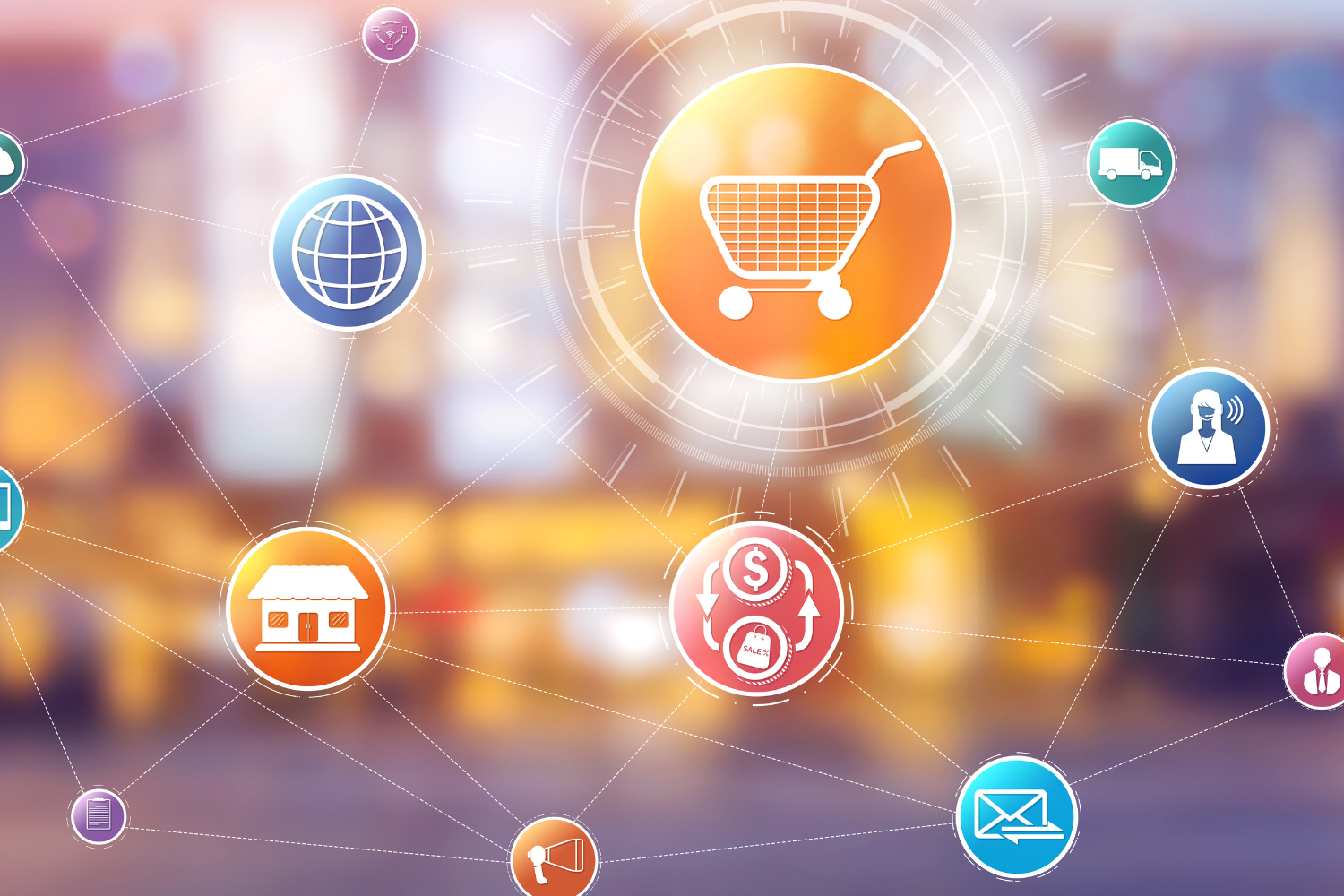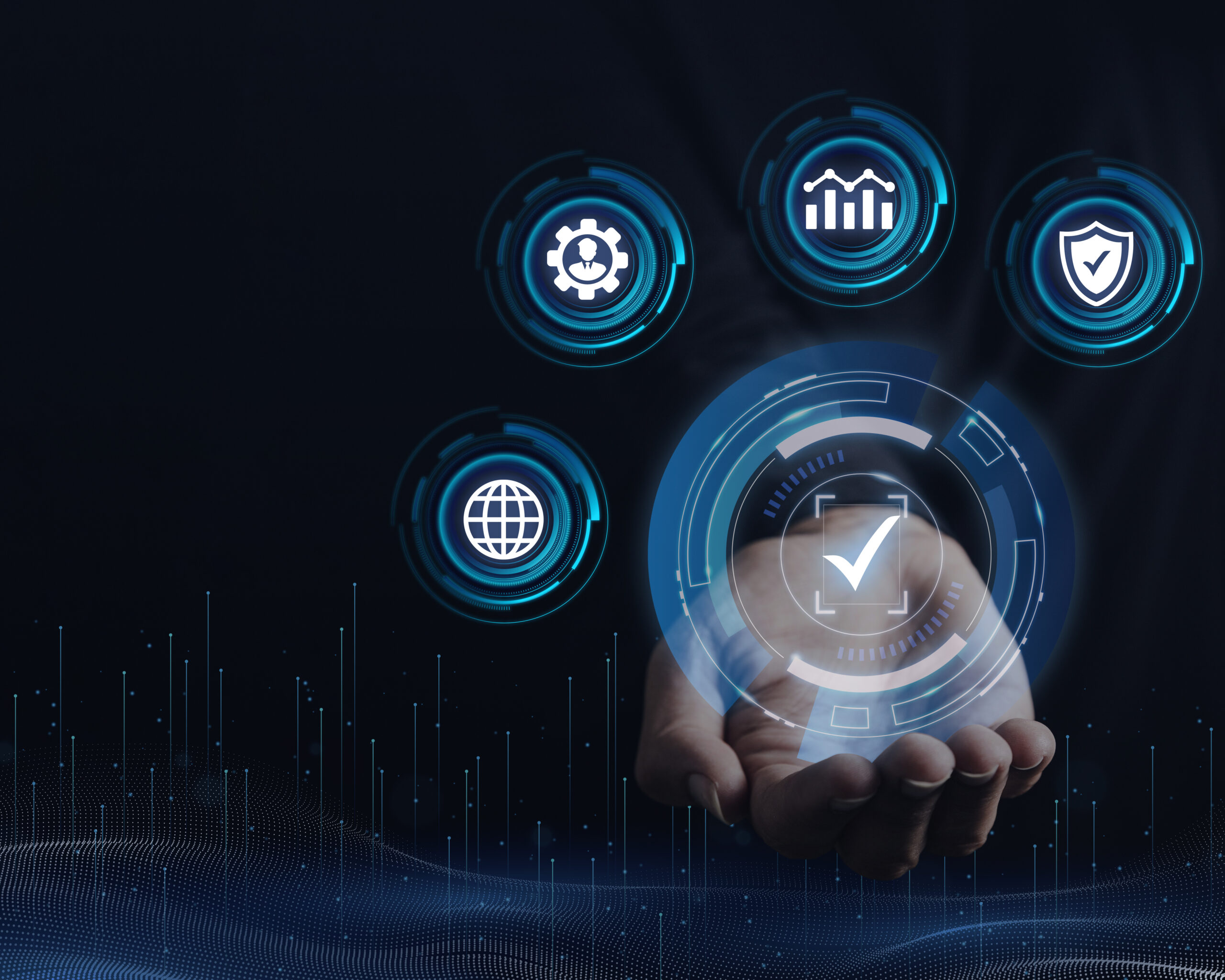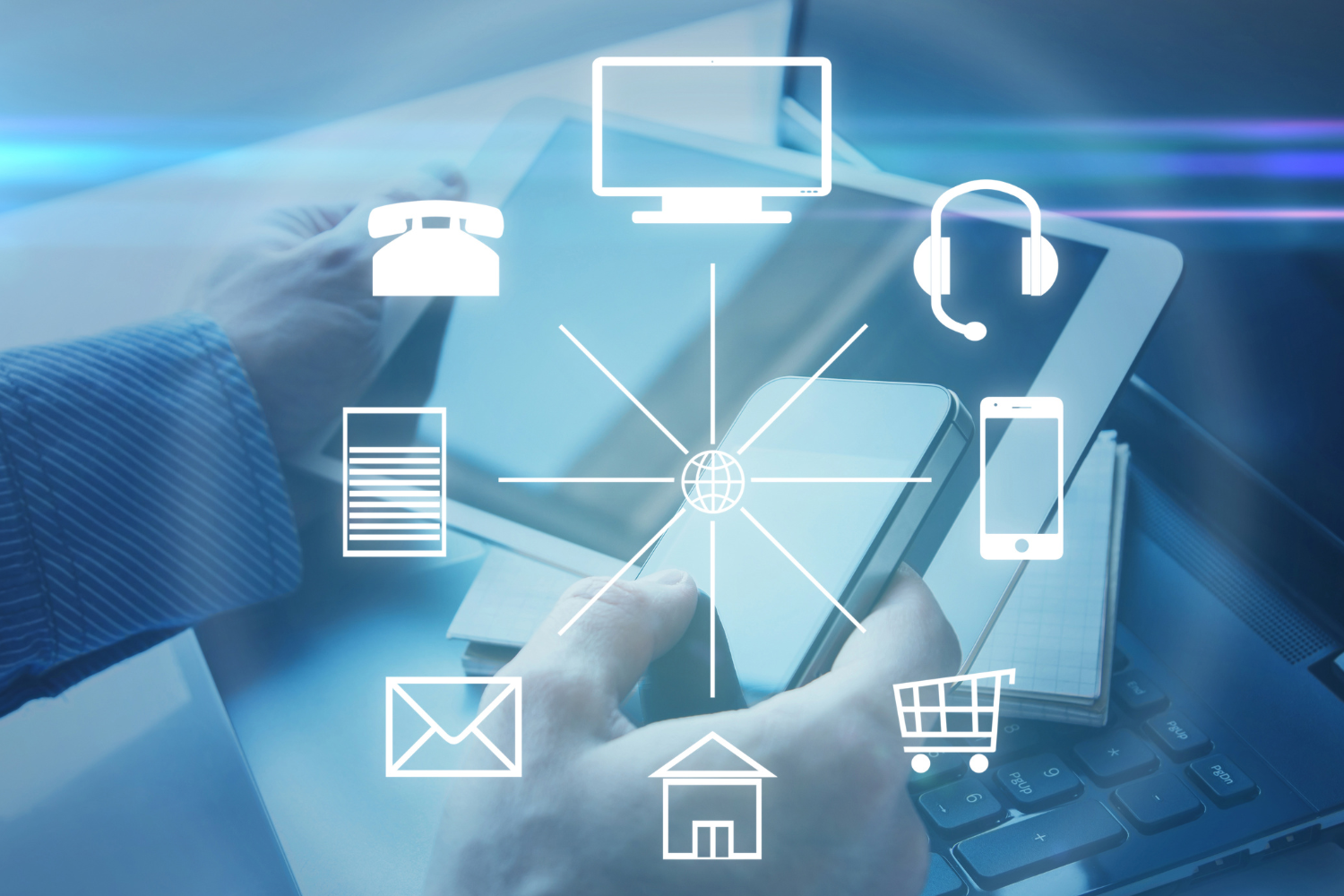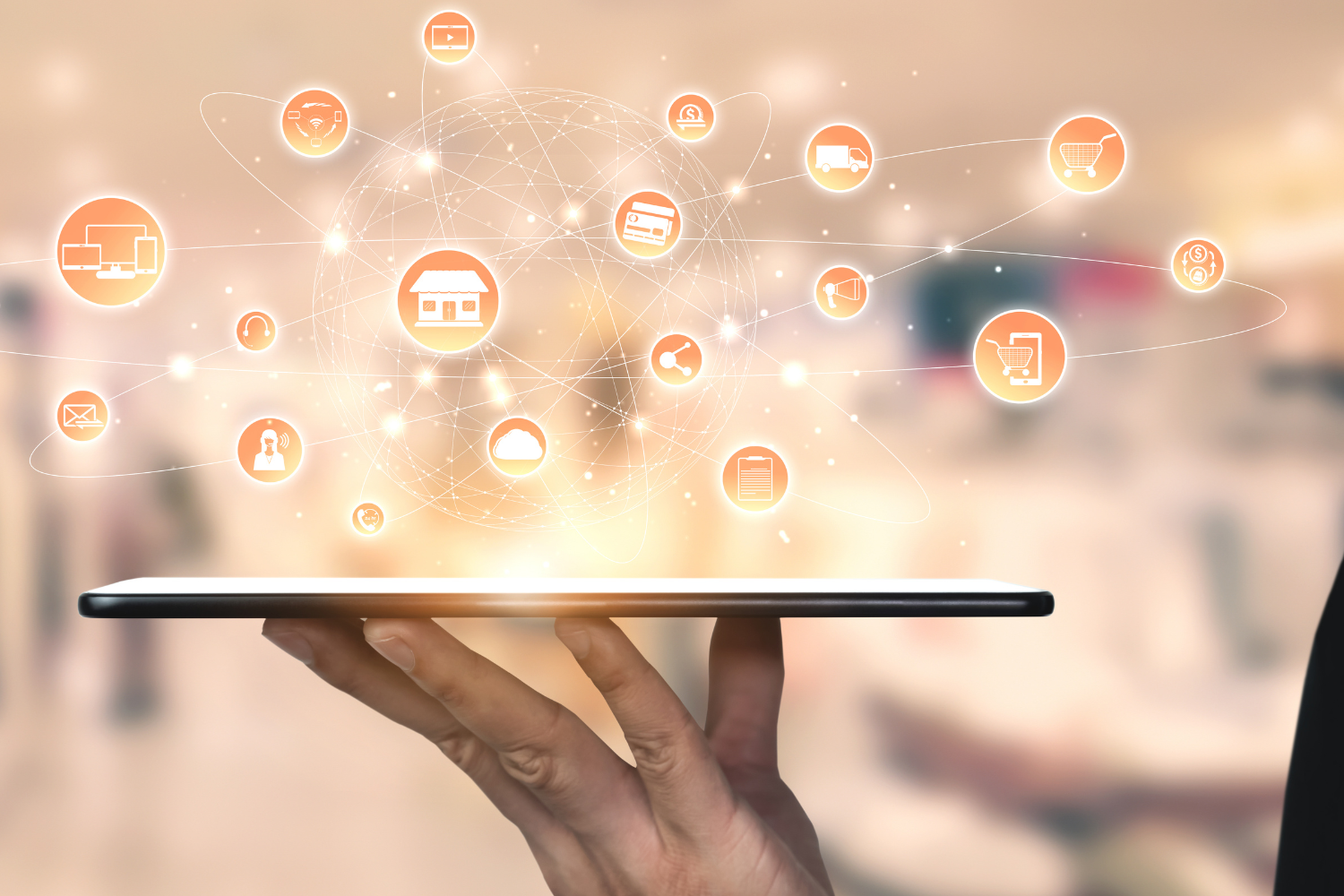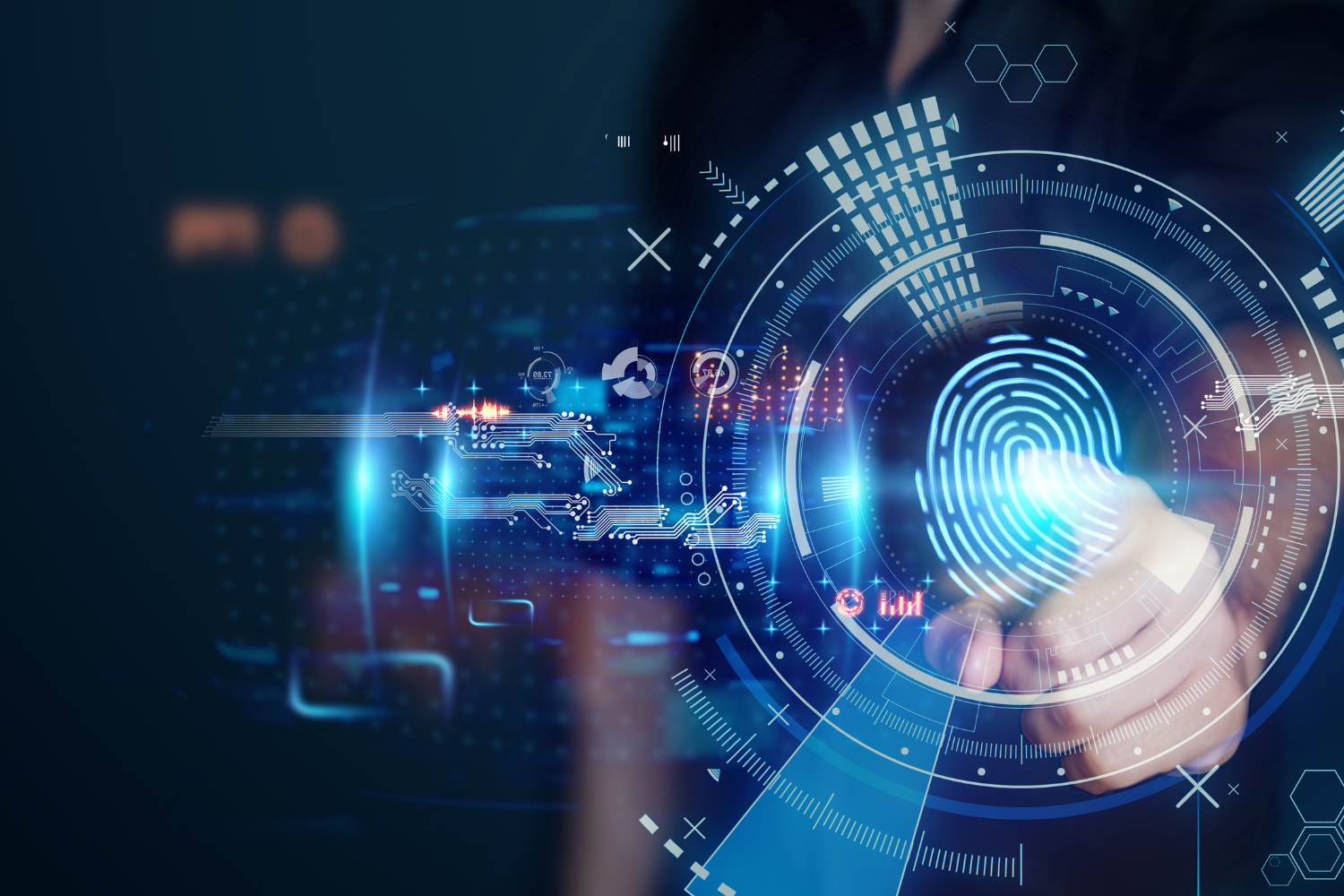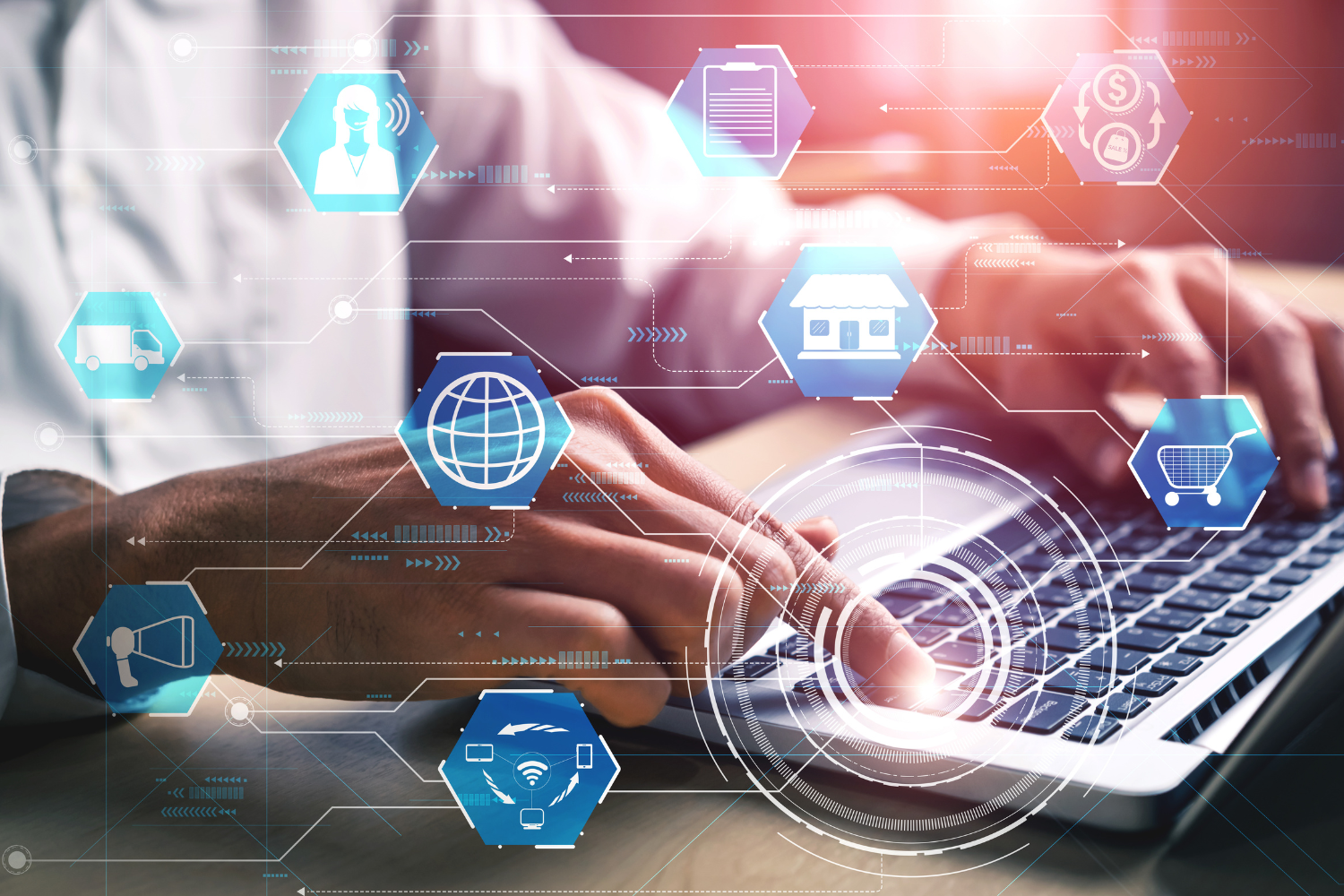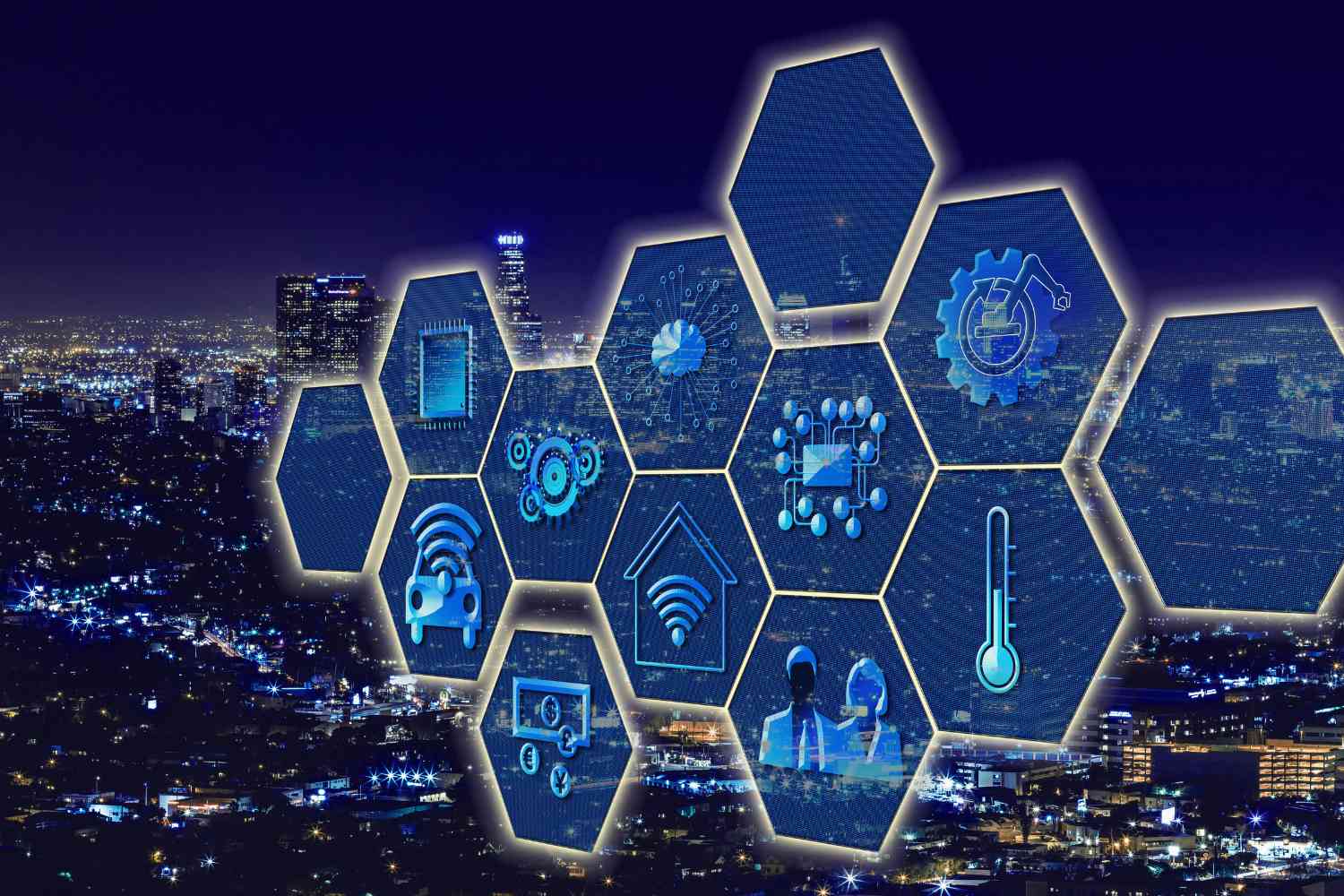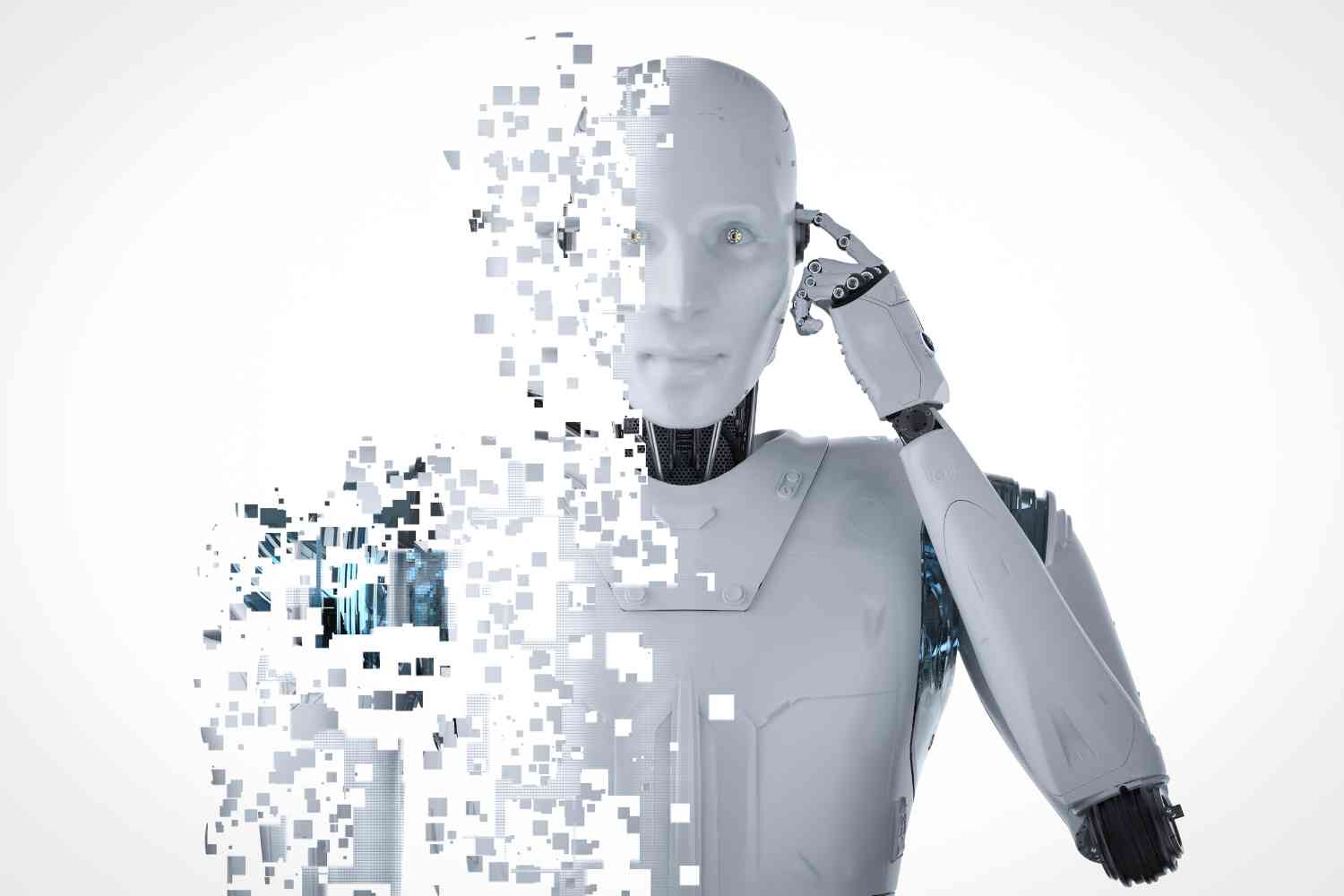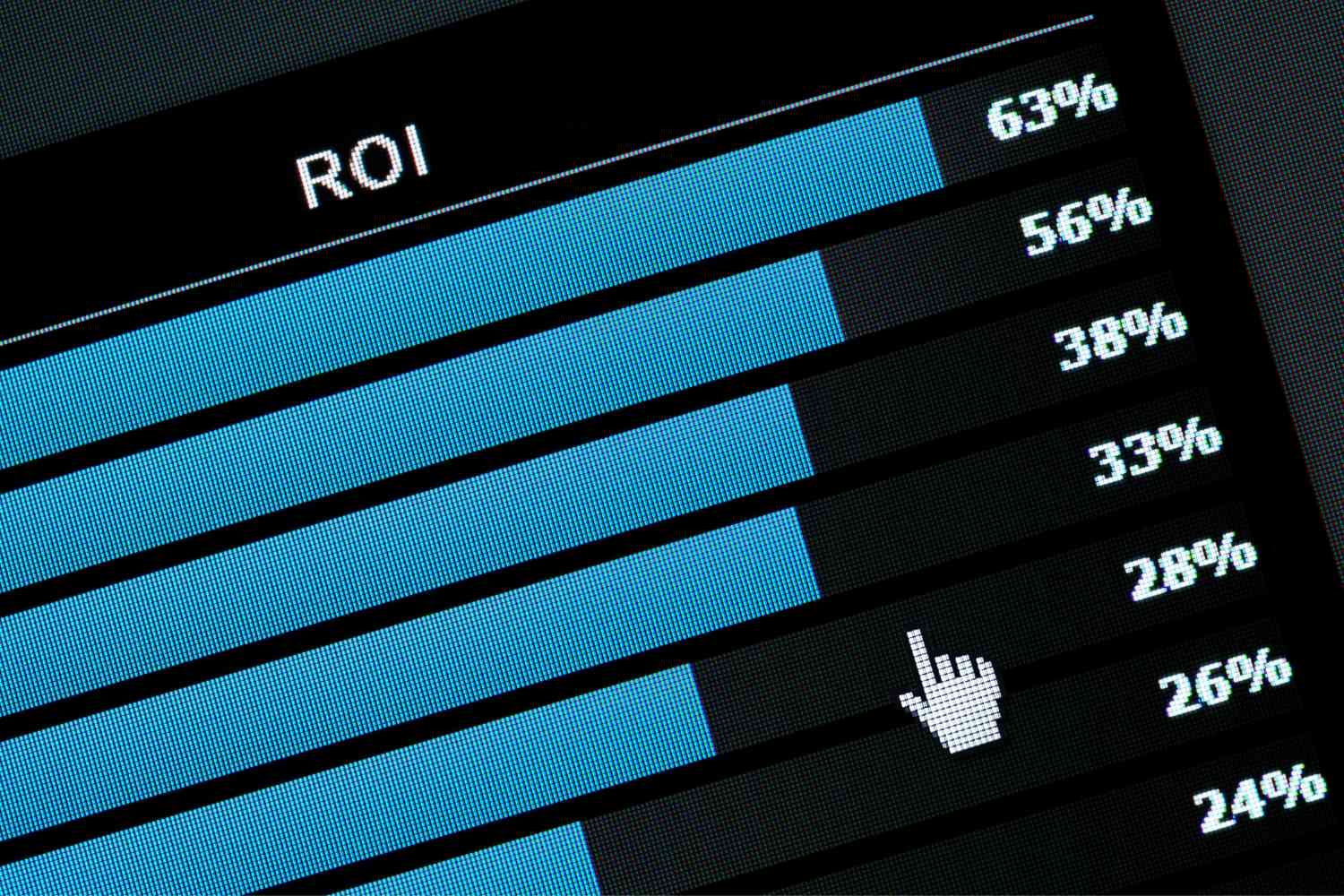Introduction
In today’s competitive business landscape, providing exceptional customer experience (CX) has become a top priority for companies across various industries. Omnichannel, a term that has gained significant popularity in recent years, refers to a seamless and consistent customer experience across all channels and touchpoints. While omnichannel has been transformative for businesses, the evolving customer expectations and advancements in technology have given rise to new possibilities in CX. In this article, we explore what comes after omnichannel, diving into the future of customer experience.
The Limitations of Omnichannel
While omnichannel has been widely embraced, it does come with its own set of challenges and limitations. One major hurdle is the complexity of integration. As businesses expand their presence across multiple channels, integrating data and systems to create a unified experience can be a daunting task. Additionally, challenges in data management and synchronization can hinder a truly seamless experience. Moreover, omnichannel often lacks personalization, with businesses struggling to tailor experiences to individual customers.
The Rise of Unified Customer Experience (UCX)
Unified Customer Experience (UCX) is the next step in the evolution of CX. Unlike omnichannel, which focuses on connecting channels, UCX centers around creating a holistic view of the customer journey. UCX ensures that every interaction, regardless of the channel, is informed by previous engagements, providing a more personalized and contextually relevant experience. Implementing UCX involves leveraging customer data to create a unified profile, enabling businesses to understand their customers better and anticipate their needs.
AI and Machine Learning in Customer Experience
Artificial Intelligence (AI) and Machine Learning (ML) play a pivotal role in shaping the future of CX. These technologies enable businesses to offer personalized recommendations to customers, based on their preferences and behavior. Intelligent chatbots and virtual assistants have also become increasingly sophisticated, providing real-time support and guidance to customers. Predictive customer support is another area where AI and ML excel, allowing businesses to identify potential issues before they escalate.
The Role of Big Data in the Future

As the volume of customer data continues to grow, big data analytics will play a crucial role in understanding customer behavior and preferences. Real-time analytics will enable businesses to offer dynamic and personalized experiences to their customers. However, with the increasing focus on data-driven personalization, businesses must also address data privacy concerns and ensure compliance with regulations.
Voice Commerce and Conversational Interfaces
Voice commerce is emerging as a game-changer in the CX landscape. With the growing popularity of voice assistants like Alexa and Siri, customers can now make purchases and interact with businesses using voice commands. Integrating voice commerce into the customer journey requires businesses to adapt their strategies to accommodate this new interface. Moreover, the conversational interface extends beyond voice, encompassing chatbots and other human-like interactions.
Augmented Reality (AR) and Virtual Reality (VR) in CX
AR and VR are transforming the retail experience by providing customers with interactive and immersive ways to explore products. Virtual try-ons and product visualization help bridge the gap between online and in-store shopping. Additionally, VR is being utilized for customer support, offering virtual assistance and troubleshooting for complex products and services.
The Emergence of Zero-UI and Invisible Interfaces
Zero-UI refers to a future where interactions with technology become more seamless and intuitive. Gesture and motion-based interfaces, as well as emotion and intent recognition, are part of this paradigm shift. These interfaces reduce the need for physical touchpoints, leading to a more effortless and convenient customer experience.
Integrating Physical and Digital Experiences
The integration of physical and digital experiences is becoming a key differentiator for businesses. Customers expect a seamless transition between online and in-store interactions. Beacon technology and location-based services enable businesses to provide contextually relevant information to customers, while services like click-and-collect and curbside pickup offer added convenience.
Sustainability and Ethical Consumerism in CX
In the age of conscious consumerism, sustainability and ethical practices have become vital considerations for businesses. Brands that embrace eco-friendly practices and prioritize ethical branding earn the loyalty of environmentally conscious customers. Sustainable packaging and supply chain transparency are becoming key factors in shaping customer perceptions.
The Influence of Social Media and User-Generated Content
Social media has become an influential platform for shaping customer opinions and preferences. Businesses can leverage social media to engage with customers, address their concerns, and showcase their brand personality. User-generated content, such as reviews and testimonials, adds authenticity and credibility to a brand’s image. Addressing negative feedback promptly and professionally is crucial in maintaining a positive brand reputation.
The Future of Personalization in CX
The future of CX lies in hyper-personalization and microtargeting. Businesses will leverage AI and ML to understand individual preferences and offer personalized experiences in real-time. However, striking a balance between personalization and privacy will be essential, as customers become more cautious about data sharing.
The Integration of Internet of Things (IoT) in CX
The Internet of Things (IoT) is connecting everyday devices, and its applications in CX are profound. Smart devices will enable personalized experiences in homes, cars, and workplaces. However, businesses must address data security and privacy concerns associated with IoT to build customer trust.
The Role of Blockchain in Customer Experience
Blockchain technology offers transparency, security, and trust in transactions. Loyalty programs built on blockchain can enhance customer loyalty and engagement. However, integrating blockchain into CX requires careful consideration of existing systems and infrastructure.
Conclusion
As we move beyond omnichannel, the future of customer experience promises a transformational journey. Unified Customer Experience (UCX) will bridge the gap between channels and offer personalized interactions at every touchpoint. AI and ML will enable businesses to anticipate customer needs, while AR, VR, and Zero-UI interfaces will provide immersive and intuitive experiences. Integrating physical and digital experiences, prioritizing sustainability and ethical practices, and embracing social media and user-generated content will define successful CX strategies. With technology driving the evolution of CX, businesses must adapt and innovate to stay ahead in this dynamic landscape.



























